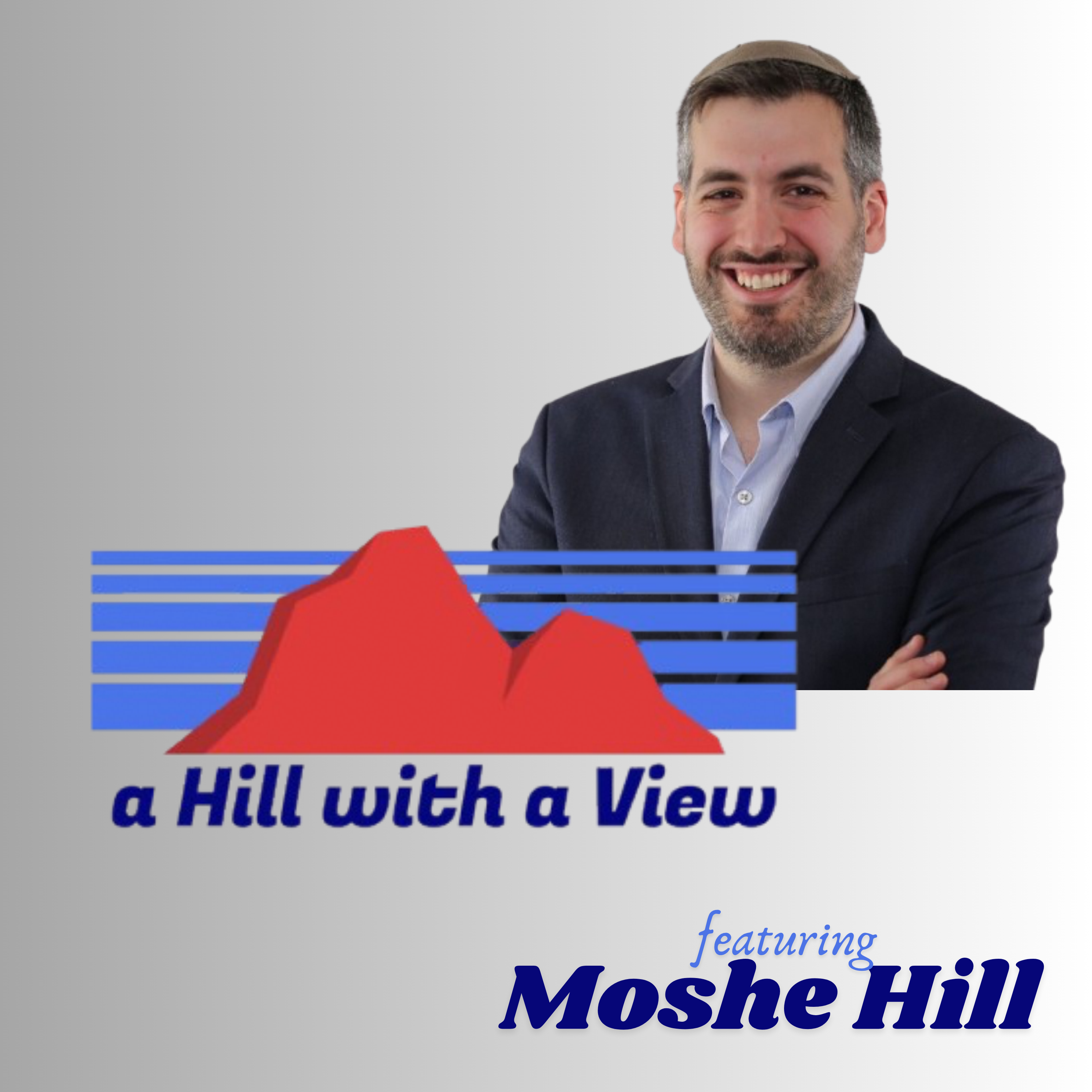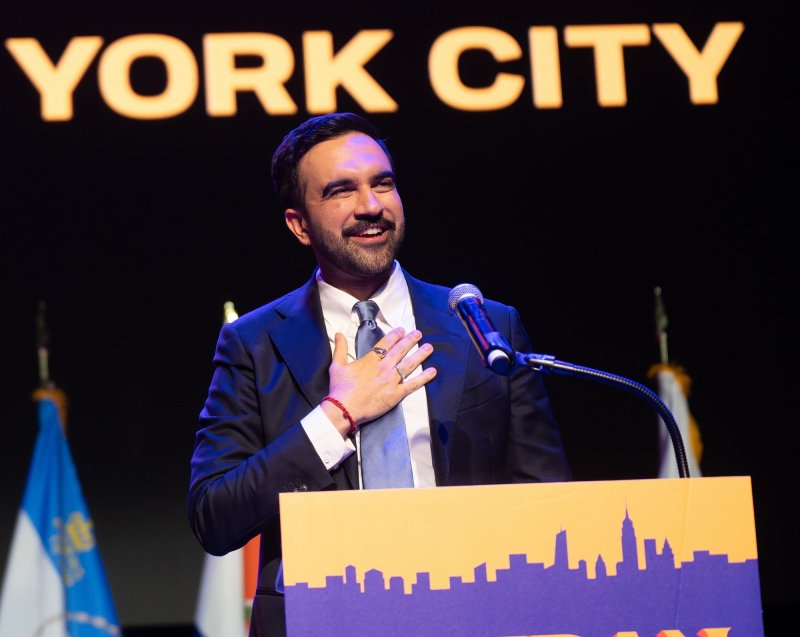BY MOSHE HILL OPINION COLUMNS FEBRUARY 19 2025
In an era where the narrative surrounding Israel often gets muddled with political rhetoric and misinformation, the voice of Mort Klein, President of the Zionist Organization of America (ZOA) for 31 years, cuts through the noise with an unwavering commitment to Israel’s security and truth. In a recent phone interview, Klein pulled no punches on his views on the future of US-Israel relations, the current crisis with Hamas, and his profound disappointment with many Jewish organizations for their continued support of a two-state solution that he deems not only outdated but dangerous.
Klein spoke with urgency about the recent developments in Gaza, where Hamas suspended the release of hostages. This suspension led President Donald Trump to give the rhetorical green light to Israel should the hostages not be released, prompting Hamas to resume with the original agreement.
His concern for the remaining hostages is unmistakable, especially given the condition of those hostages already released – emaciated and in dire health. “My fear is that the basis for this suspension is that the rest of the hostages are dead or near dead,” Klein stated, reflecting a grim reality that the conflict has taken a terrifying toll on human lives. He condemned Hamas’ claim that Israel has not fulfilled its obligations, calling it a blatant lie, especially since Israel has released hundreds of convicted terrorists in exchange for a handful of Jews.
With Trump back in office, Klein sees a potential shift in US policy towards Israel. He recounted Trump’s strong statements regarding the immediate release of hostages and the implications if Hamas fails to comply. “Trump’s words suggest a readiness to escalate military action if necessary,” Klein noted, indicating a stark contrast from previous administrations. He supports the idea of cutting humanitarian aid to Gaza until all hostages are released, emphasizing that this is not just a matter of negotiation but of survival for Israel.
In Klein’s view, the survival of Israel is necessitated by recognizing the reality of the immense failure of a “two-state solution.” Israel’s multi-decade experiment with attempting to placate world diplomats by granting concessions to the Palestinians has only led to misery and death. These diplomats are not the prime target of Klein’s ire; his frustration is far closer to home.
Klein’s critique of Jewish leadership in America is both poignant and personal. He expressed deep dismay at the mainstream Jewish organizations’ support for policies that, in his view, endanger Israel. “The Jewish organizations and the Jewish leadership have been the biggest disappointment to me,” he said. These organizations, including AIPAC, the ADL, and others, have historically backed the Oslo Accords, the Gaza withdrawal, and now, a two-state solution, which Klein vehemently opposes.
He argues that the term “two-state solution” is misleading; it’s not about creating two states but giving legitimacy to a Palestinian state, which he believes would only replicate the chaos and terror seen in Gaza. “They are frightened appeasers,” Klein asserts, pointing out that history has repeatedly shown the failure of appeasement in securing peace or safety.
Klein also tackled the accusation of genocide against Israel, calling it an “ugly anti-Semitic lie.” He highlighted the demographic growth in Gaza, questioning how there could be genocide when the population has increased. “How are there two million Arabs in Gaza if there’s a genocide?” he challenged, urging Jewish leaders and Israeli officials to push back against this narrative actively. Even according to the Gaza Health Ministry, which is a propaganda arm of Hamas, there have been more births in Gaza since the war began than those killed in the war.
The issue is that there is an alarming amount of anti-Israel lies being spread. Addressing how to combat misinformation, especially on college campuses, Klein emphasized the need for Israeli officials, rabbis, and other Jewish leaders to engage more directly with students. “I think Israeli officials, Jewish leaders, and rabbis have to start making regular speeches explaining the lie of occupation; there’s no occupation,” Klein laments. He suggests regular appearances to debunk myths about occupation, clarify historical truths, and expose the terrorist affiliations of figures like Mahmoud Abbas, whom he equates with Hamas. “[Abbas is] paying Arabs $400 million a year in lifetime pensions to murder Jews, and yet people think he’s a moderate,” Klein continues, referring to Dennis Ross, a Middle East policy advisor to Presidents George H.W. Bush, Bill Clinton, and Secretary of State Hillary Clinton.
Klein’s vision for Israel includes a robust defense against threats without the naïveté of expecting peace through territorial concessions. He supports Trump’s plan to relocate Gazan civilians to neighboring countries like Egypt and Jordan, arguing that this is the only way to ensure southern Israel’s safety from terrorist attacks. He acknowledges the harsh realities of war but insists on a strategy that prioritizes Israeli lives over the comfort of enemy civilians who, by his account, overwhelmingly support terrorism against Jews.
The upcoming election for seats in the World Zionist Congress is a critical moment for ZOA to advance its message to a wider pro-Israel audience. Klein emphasizes the significance of this event, which occurs once every five years, so this is the first vote to occur since October 7. The realities of Israel are more apparent to many who previously bought into the creation of a Palestinian state as a path to peace. Klein pointed out that if you believe in stopping the establishment of a Palestinian state, which he equates to creating a larger, more dangerous Gaza, voting for ZOA candidates is crucial. He noted the presence of notable figures like Sid Rosenberg and Dr. Paul Brody on their slate, indicating ZOA’s intent to influence the Congress significantly with their stance on critical issues facing Israel. He urged supporters to visit ZOA.org to sign up for voting rights, highlighting the organization’s commitment to increasing its seat share.
Mort Klein’s long tenure at ZOA has been marked by a steadfast defense of Israel that sometimes places him at odds with other Jewish leaders. His call to action is clear: It’s time for a new approach to peace, one that doesn’t sacrifice Israeli security for political correctness or outdated peace formulas. As the new US administration under Trump potentially shifts its Middle East policy, Klein’s insights offer a provocative yet deeply considered perspective on what true support for Israel should look like in these turbulent times. His message is a rallying cry for those who believe in a strong, secure Israel, free from the constraints of a failed peace process.


